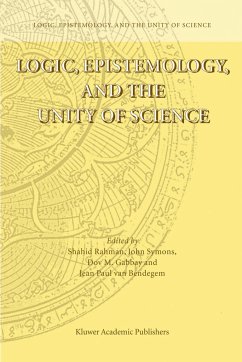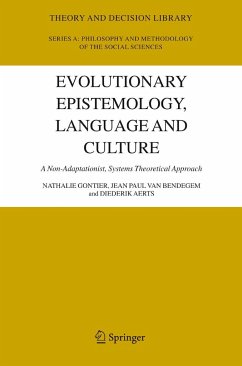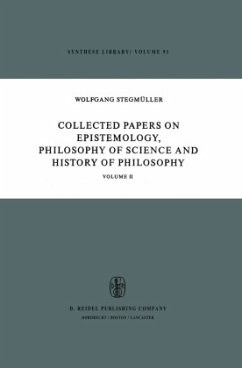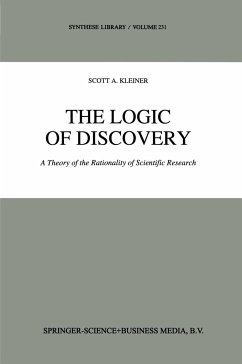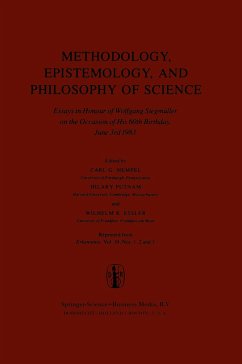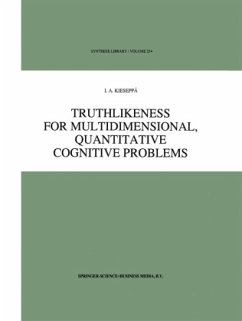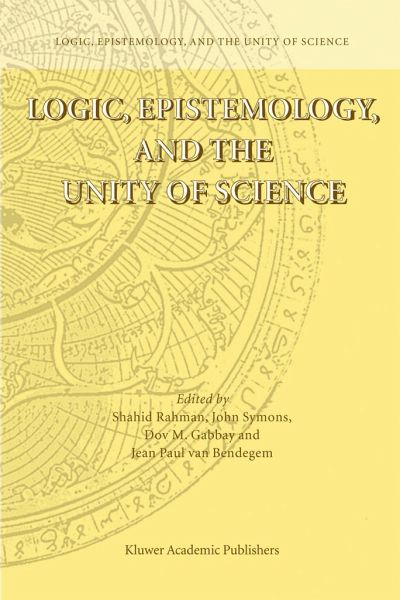
Logic, Epistemology, and the Unity of Science
Versandkostenfrei!
Versandfertig in 6-10 Tagen
151,99 €
inkl. MwSt.

PAYBACK Punkte
76 °P sammeln!
The aim of the series Logic, Epistemology, and the Unity of Science, of which this is the first volume, is to take up anew the challenge of considering the scientific enterprise in its entirety in light of recent developments in logic and philosophy. Developments in logic are especially relevant to the current situation in philosophy of science. At present, there is no single logic, single approach to semantics or well-defined conception of scientific method dominating the philosophy of science. At the same time, questions concerning linguistic, reductionist and foundationalist approaches to e...
The aim of the series Logic, Epistemology, and the Unity of Science, of which this is the first volume, is to take up anew the challenge of considering the scientific enterprise in its entirety in light of recent developments in logic and philosophy. Developments in logic are especially relevant to the current situation in philosophy of science. At present, there is no single logic, single approach to semantics or well-defined conception of scientific method dominating the philosophy of science. At the same time, questions concerning linguistic, reductionist and foundationalist approaches to epistemology, the analytic and synthetic distinction as well as disputes concerning semantics and pragmatics have been illuminated by recent developments in logic. Given the power of such developments, discussions of the unity of science are even more intriguing and urgent than in the 20th century. The first title in this new series aims to explore, through extensive co-operation, new ways of achieving the integration of science in all its diversity. The present volume contains essays from some of the most important and influential philosophers in contemporary philosophy, discussing a range of topics such as philosophy of science, epistemology, philosophy of logic and game theoretical approaches. It will be of great interest to philosophers, computer scientists and all others interested in the scientific rationality.



